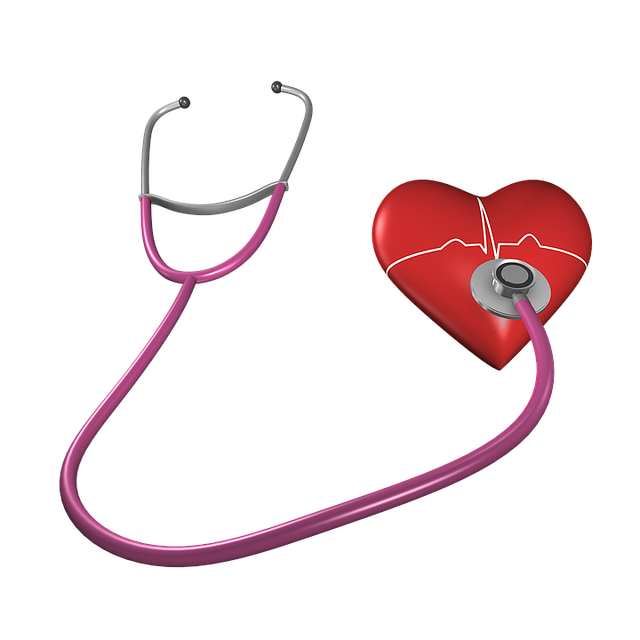
High cholesterol levels and other indicators of poor vascular health can increase your risk of having a heart attack or stroke. Unhealthy levels of cholesterol and other fats, or lipids, can accumulate on the walls of arteries, leading to a condition known as atherosclerosis. If left untreated, this narrowing of the vessels can result in a blockage that impairs or completely stops blood flow.
Anywhere from 60-90% of heart disease is due to abnormal blood lipids levels, specifically high total and low- density lipoprotein (LDL) levels. It is important to understand what levels are healthy and what lifestyle changes can be used to improve your vascular health.
What is considered high cholesterol?
Having a complete cholesterol panel done is the best way to understand your individual risk. The levels will be categorized total Cholesterol, LDL Cholesterol, HDL Cholesterol, and Triglycerides. Depending on levels, lifestyle changes or medication may be indicated.
A total cholesterol score of greater than 200 is generally considered as indicative of risk. The ratio of total cholesterol to HDL cholesterol should also be considered. Anything below 5 is considered healthy, whereas ratios greater than 5 are considered less healthy.
What can you do to improve vascular health?
Improving vascular health and reducing risk for cardiovascular disease is possible with lifestyle changes. Patients should work with their healthcare provider to develop an individualized plan to reduce cholesterol levels and overall cardiovascular risk.
It is important to focus on diet and exercise, including adding more fruits, vegetables, and fiber to your daily meal plan, while reducing saturated fats, simple carbohydrates and sugar. Exercise should be an important part of a healthy lifestyle and should be done every day at least 30 minutes a day, five days a week.
Quitting smoking and reducing stress can also improve health and lower risk for cardiovascular disease. Stress management can include activities such as yoga, meditation, or even spending more time with friends and family.
Medications may also be prescribed by your doctor to reduce cholesterol levels. Drugs such as statins may be used to reduce levels of low-density lipoprotein, or “bad” cholesterol. They may also be prescribed to reduce triglycerides levels. Talk to your doctor about what medications might be best for you.
Understanding your levels of cholesterol and taking steps to improve your overall health can help reduce your risk for developing cardiovascular disease. Leading a healthy lifestyle, following the advice of your healthcare provider, and taking necessary medications are all important components in improving vascular health.
